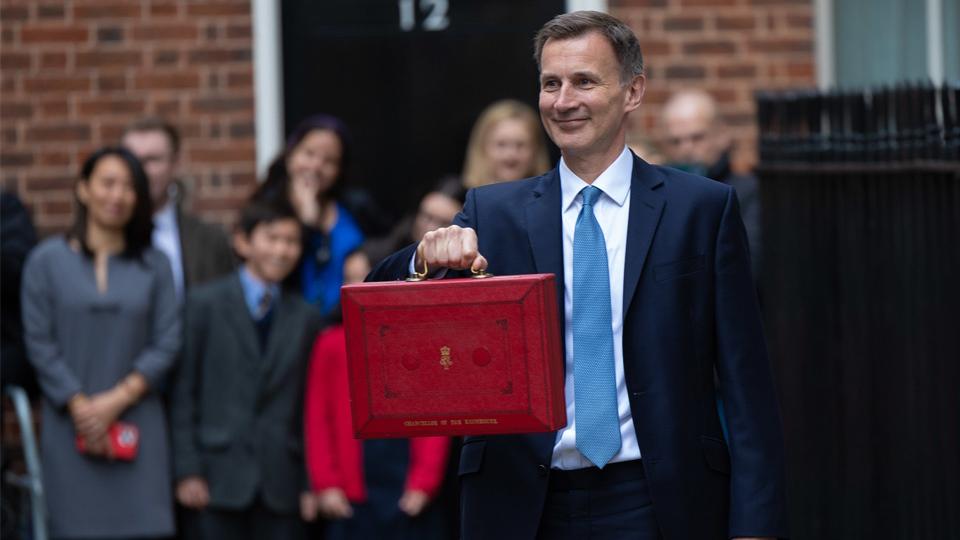UK's Autumn Budget welcomed by pharma trade organisations

Chancellor of the Exchequer Jeremy Hunt
The life sciences industry in the UK has responded positively to measures introduced in the Autumn Budget detailed today by Chancellor Jeremy Hunt, including confirmation of a £520 million ($650 million) funding boost for the sector.
That money has been set aside for manufacturing to build resilience for future health emergencies and capitalise on the UK's world-leading research and development, according to the government, and is part of a £4.5 billion injection for manufacturing across all manufacturing sectors.
It was accompanied by the extension for the foreseeable future of a tax break for business known as “full expensing”, which allows companies to offset investment spending and was due to come to an end in 2026, as well as plans to accelerate regulatory approvals for capital investment projects and a new, merged R&D tax credit scheme aimed at providing incentives for innovation.
Hunt confirmed a simplified form of R&D tax relief that combines the small and medium-sized (SME) and R&D expenditure credit (RDEC) schemes at the current 20% rate, but the notional tax rate applied to loss-makers in the merged scheme will be the small profit rate of 19%, rather than 25%.
“The Chancellor has recognised the high potential of UK life sciences to deliver the jobs and growth the country needs,” said Richard Torbett, chief executive of the Association of the British Pharmaceutical Industry (ABPI).
“This package of support will help boost our sector's investment in UK-based research and manufacturing,” he added. “Together, these steps will help give confidence to companies looking to make larger, long-term investments into the UK.”
That sentiment was echoed by the BioIndustry Association (BIA), whose chief executive, Steve Bates, said: “The government’s £520 million investment in life sciences manufacturing will ensure more […] medicines being developed are also produced here, resulting in jobs across the UK and export revenues.”
He added that “increased flexibility in the tax relief scheme for R&D intensive companies will make a meaningful difference to company growth, job creation, and accelerating the delivery of new medicines to patients.”
Other measures of relevance to the life sciences industry include a £500 million investment package over two years to boost the UK’s position in artificial intelligence, £50 million in additional money for engineering investments to fill skill gaps in the UK innovation and technology sectors, and reforms to the pensions industry to make it easier for funds to invest in R&D-intensive start-ups.
The Our Future Health patient data programme will also receive an additional £51 million to support its work in identifying ways to prevent, detect, and treat diseases.













